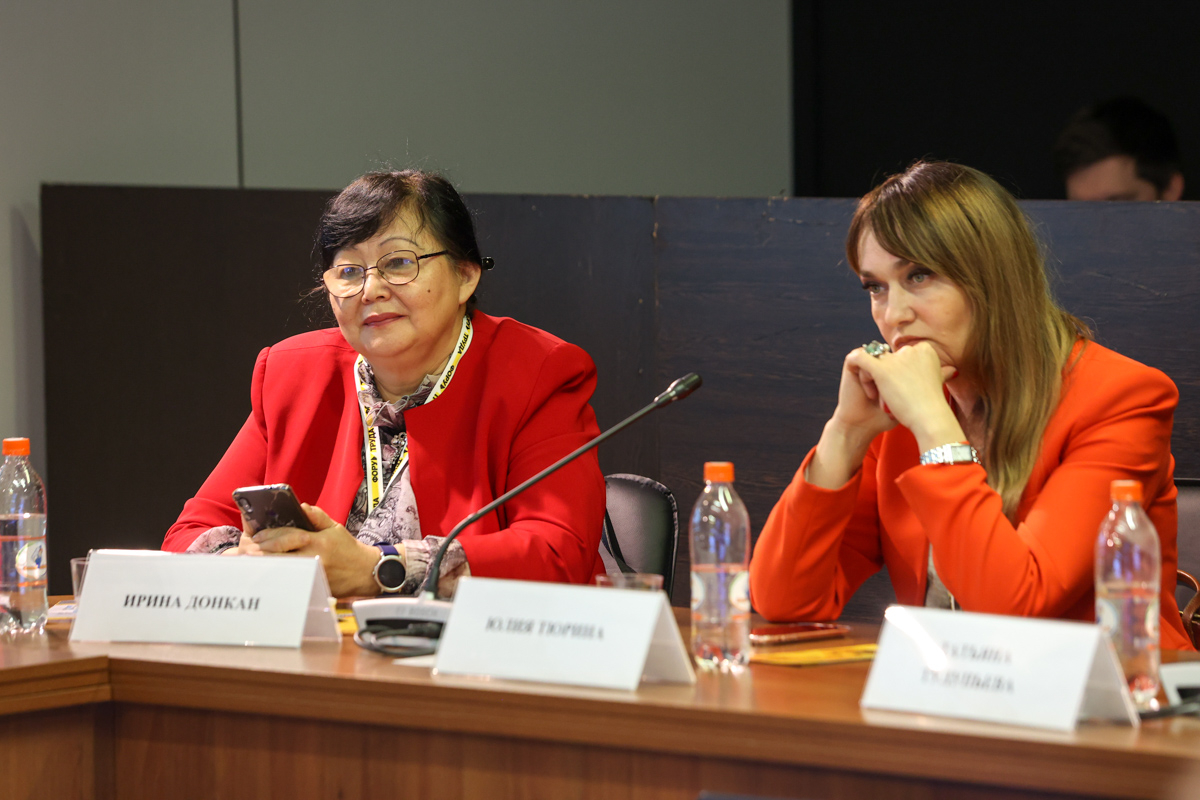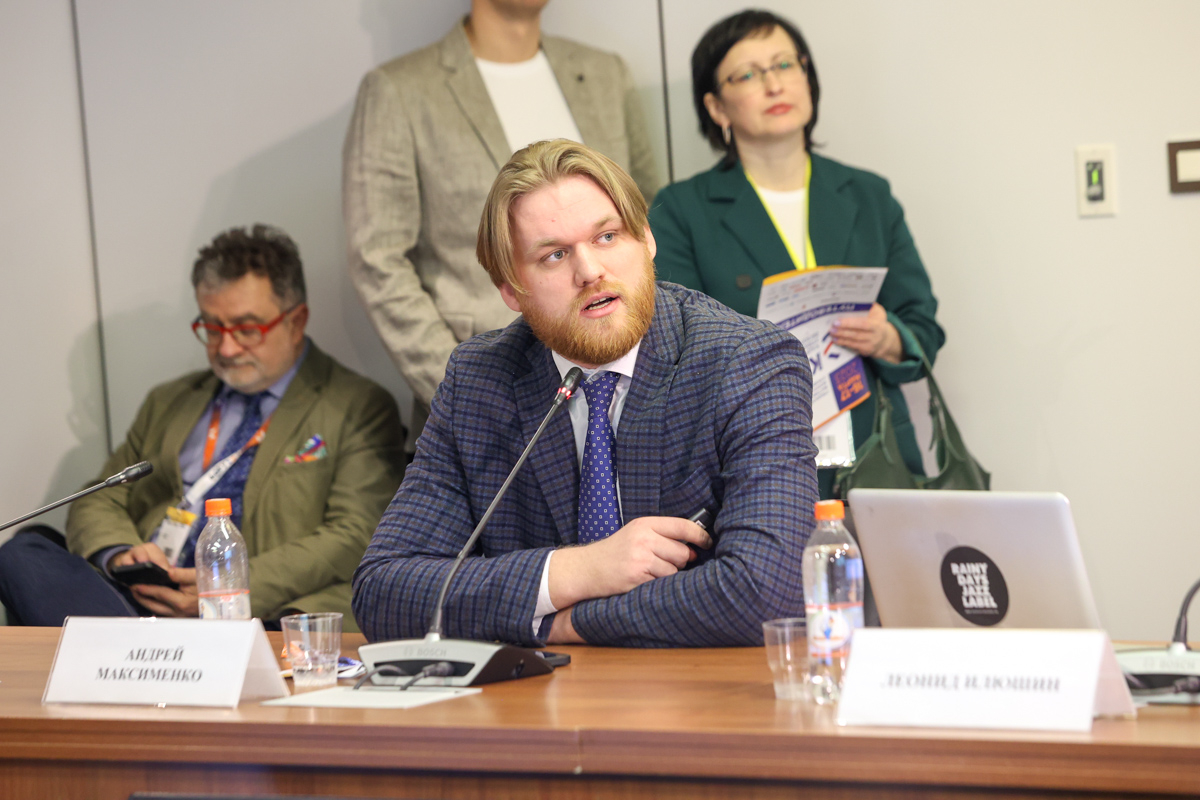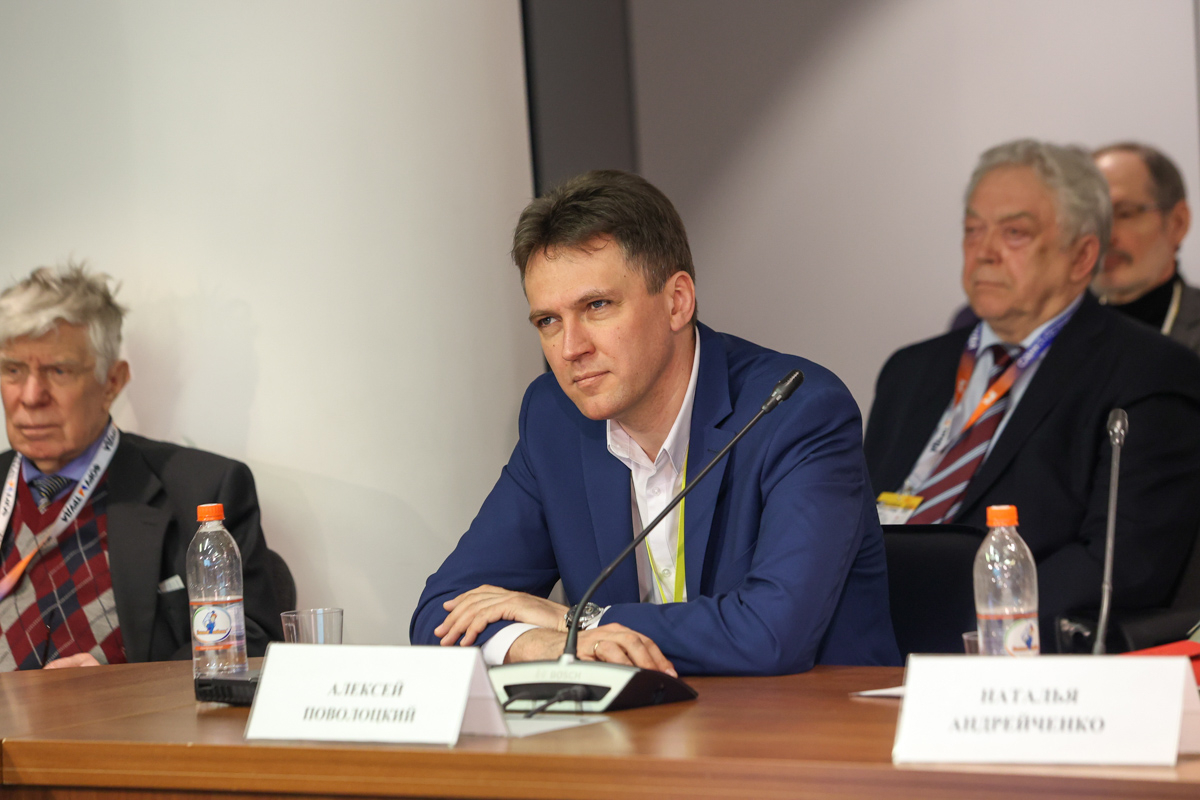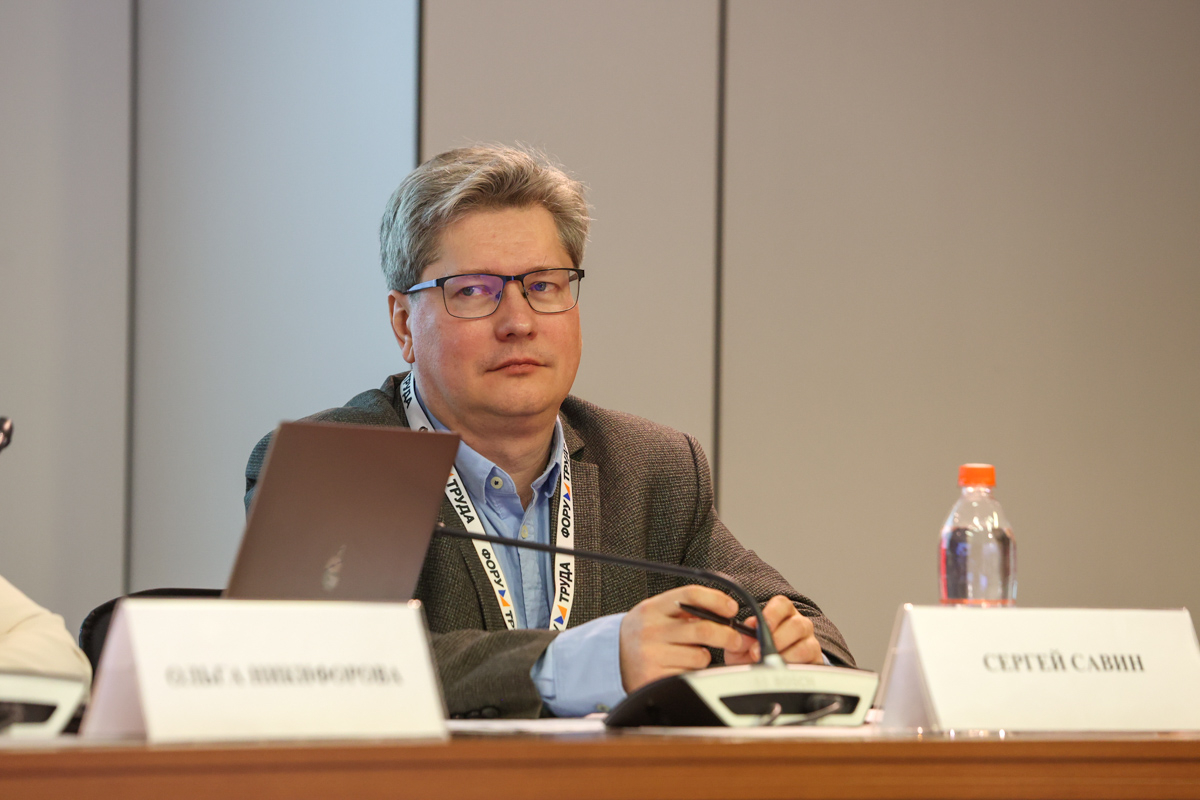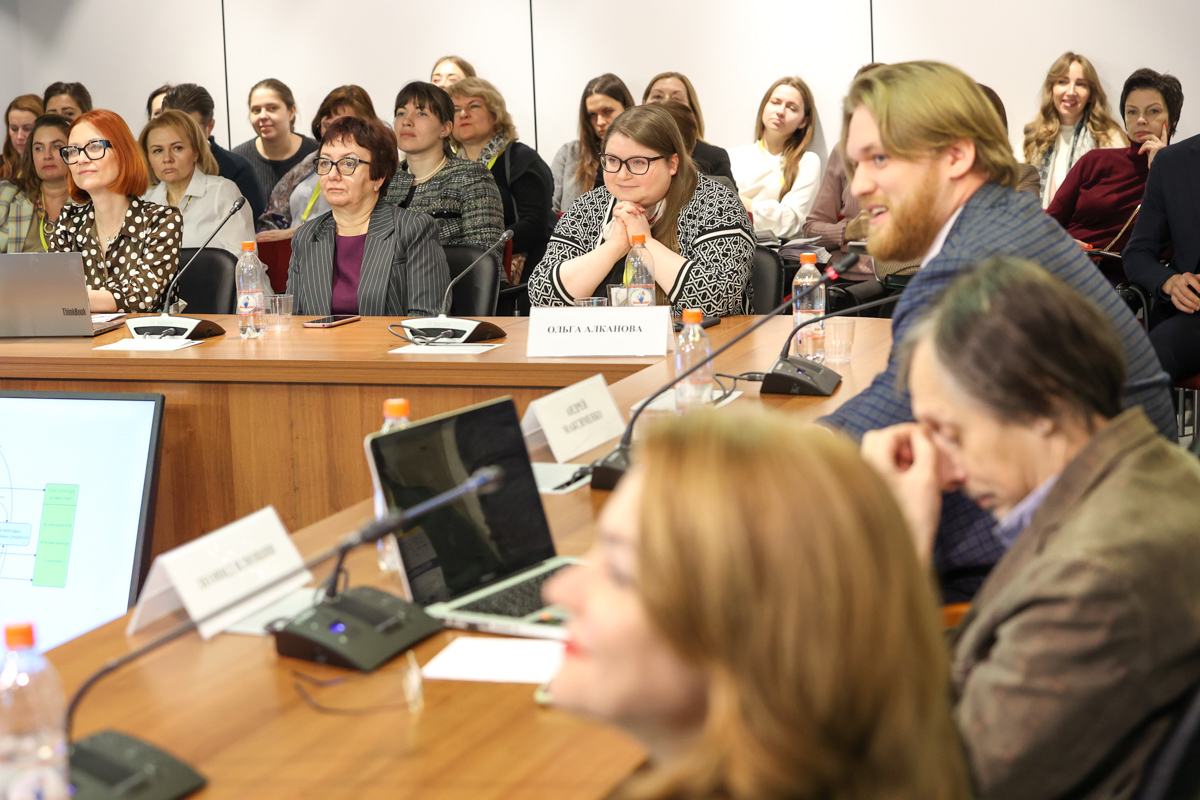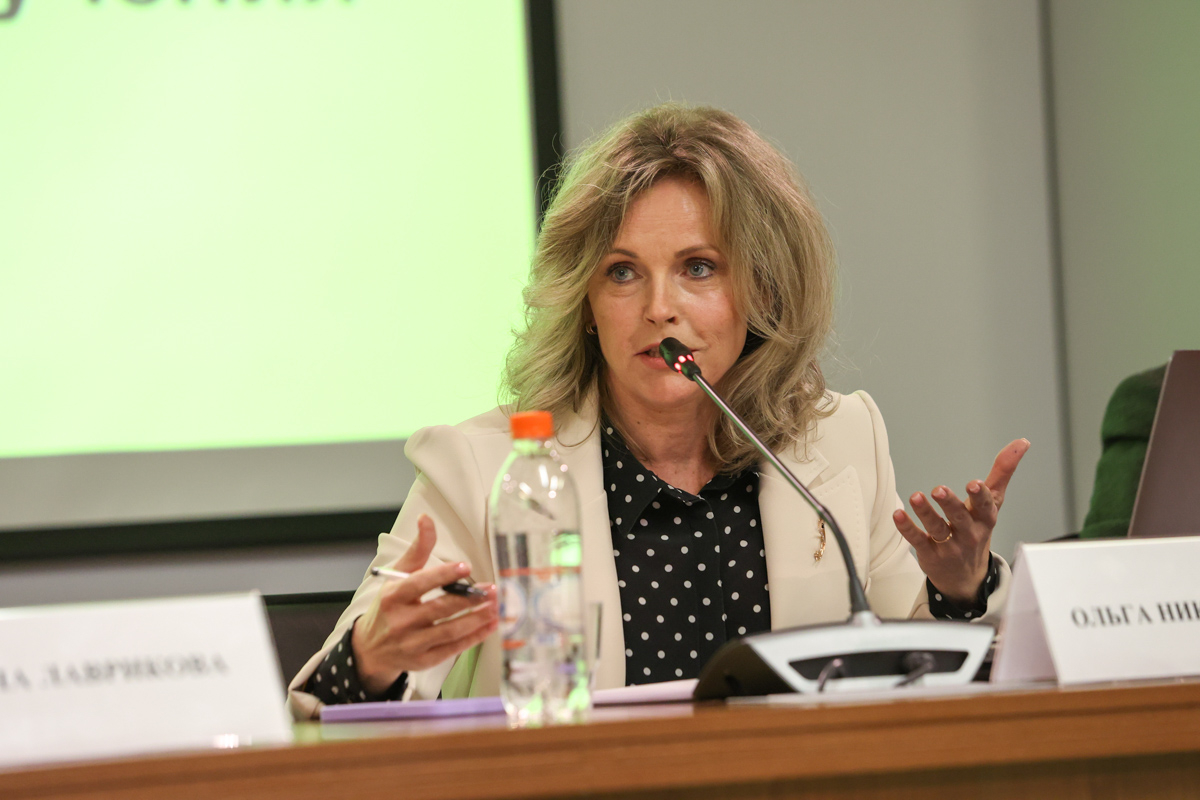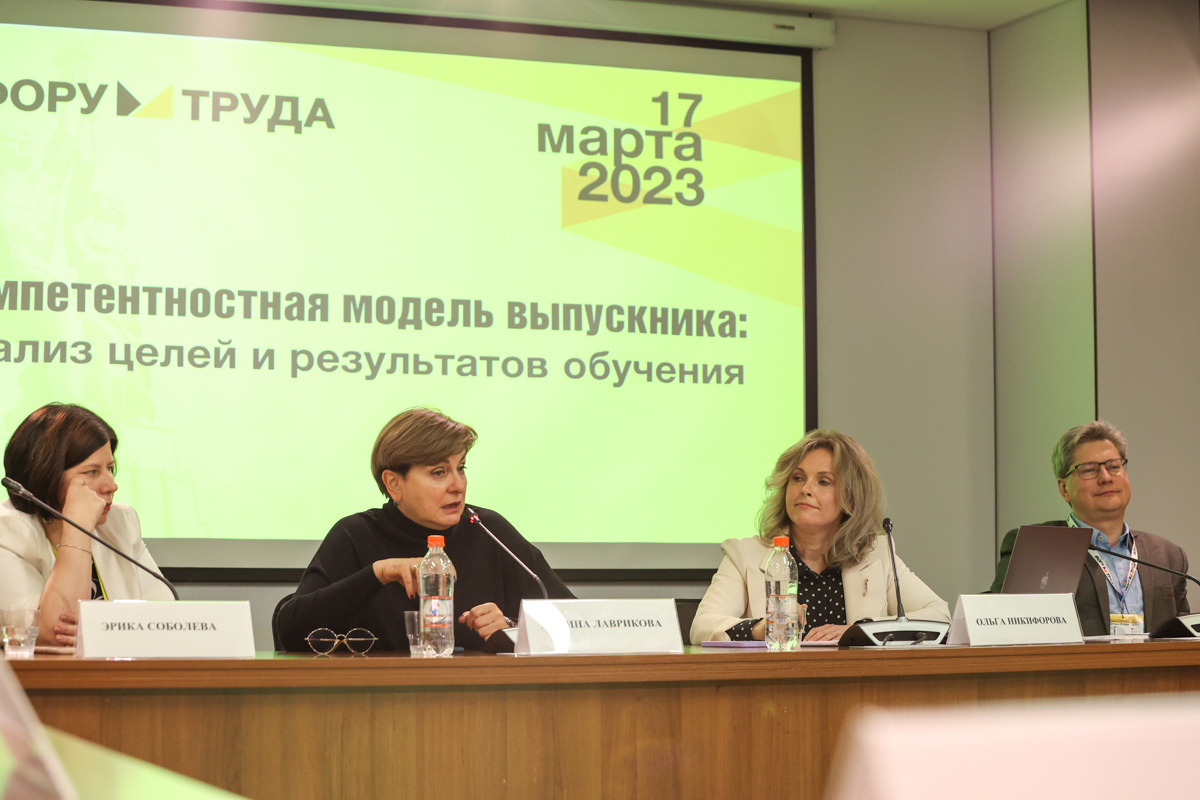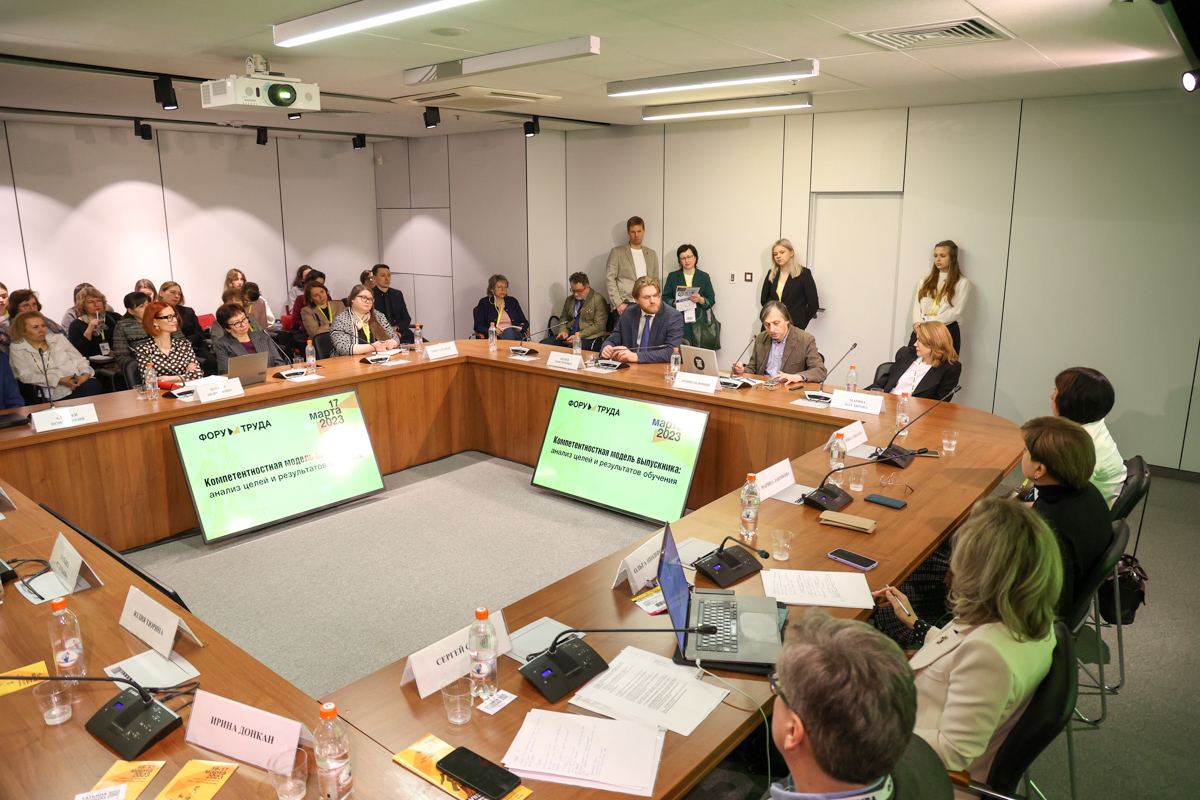From competencies to motivation: how to teach students to inspire them to follow a career in the area
The round table "Graduate competence model: analysis of learning goals and outcomes" has been held at the 7th St Petersburg Labour Forum. The experts discussed the correlation of different competencies: universal, general professional and professional; their relevance in the labour market; and assessment mechanisms.
The round table was opened by Marina Lavrikova, Senior Vice-Rector for Academic Activities at St Petersburg University. In her speech, she outlined the main issues. The Federal State Standards (FSES) 3++ was introduced seven years ago. It set a difficult task of updating and ensuring correspondence between educational and professional standards. St Petersburg University, whose representatives head federal educational and methodological associations, was at the forefront of this process in a number of areas of study.
The number of schoolchildren who take the Unified State Exam in physics and mathematics, which means that they can apply for programmes in engineering, physics and mathematics at universities, is several times less than the number of qualified employees that industries of the economy already require today.
Marina Lavrikova, Senior Vice-Rector for Academic Activities at St Petersburg University
’There can be as many admission quotas for these areas of study as we want. Yet where can we find schoolchildren who will apply for these programmes?’ said Marina Lavrikova. St Petersburg University sociologists have identified another new challenge, she said. The challenge is low motivation among young people to develop themselves in one specific area. Progressive development and career in one specific area and gaining a deeper insight into a particular profession are not a priority with your people. Rather, many graduates, as early as in the first years after graduating a university, prefer to change careers several times. However, this is impossible in many socially significant areas and areas of professional activity. Among them are: medicine, school education, and high-tech industries to name just a few.
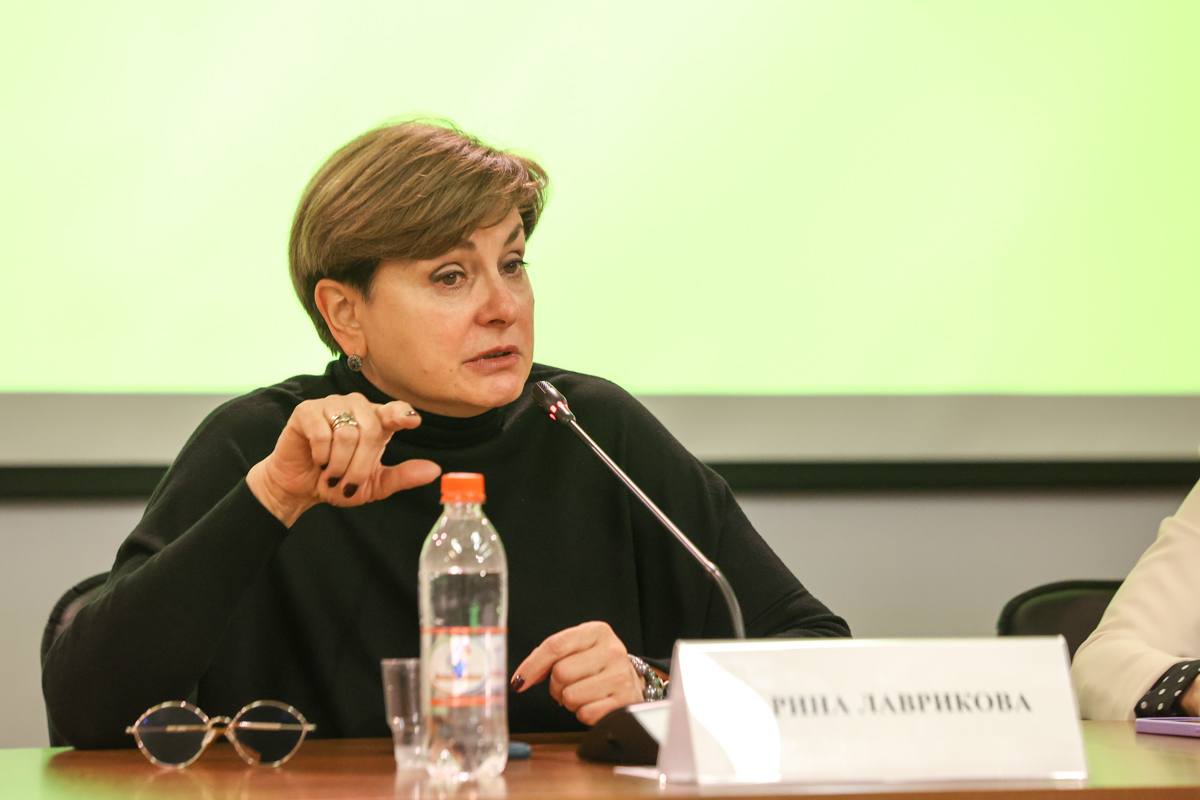
Natalya Andreychenko, Vice-Rector for Graduate School Development at Ural Federal University, shared her experience of how to incorporate qualifications for research and high-tech sectors of the economy into the degree programmes. She shared the concerns that were discussed in the first speech. Student surveys revealed contradictions between the priority tasks of states and the personal choices of students. When choosing elective disciplines, students tend to make a choice in favour of creative subjects and hobbies, while universities are faced with the task of training personnel to ensure a scientific and technological breakthrough.
The meeting was moderated by Olga Nikiforova, Associate Professor in the Department of Economic Sociology at St Petersburg University, and Sergei Savin, Associate Professor in the Department of Sociology of Political and Social Processes at St Petersburg University.
Aleksei Povolotskii, Associate Professor in the Department of Laser Chemistry and Laser Materials Science at St Petersburg University, spoke about the indicators of achievement of competencies at universities. He highlighted the discrepancy between the policy to support young academic staff and the necessary level of expertise to work with competency indicators. According to him, such a complex and wide-ranging task as the development of criteria for assessing the development of competencies requires academic staff to have a lot of teaching and life experience.
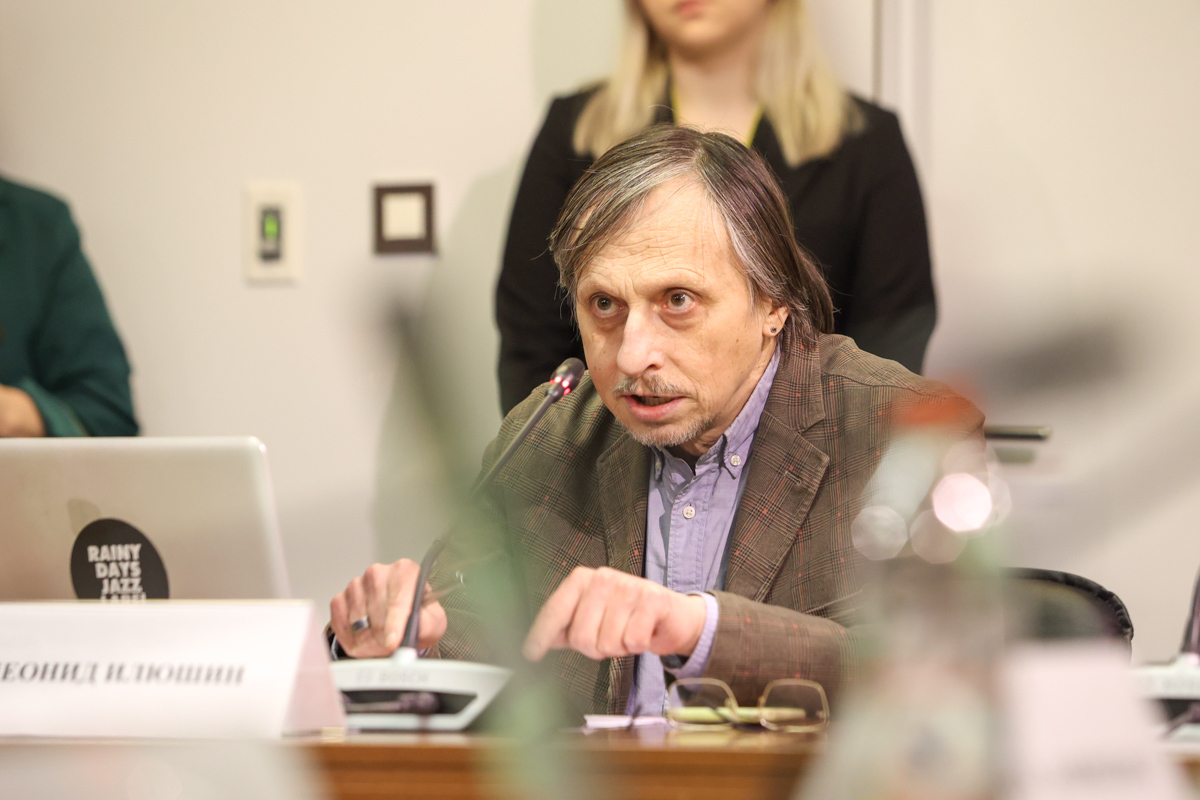
Leonid Iliushin, Professor at the Institute of Pedagogy at St Petersburg University also discussed the issue through the prism of teaching. The educational fatigue of students, especially after school, and the tendency to avoid academic efforts are the context where a lecturer of higher education has to work. Ensuring the growth of technological sovereignty and increasing labour productivity are the state priorities. In this regard, academic staff faces the most difficult task of shaping student motivation, need and readiness for continuous self-education and productive work. According to the scholar, the formation of competencies in the teaching and learning process, in which the result of completing a task can become an alienable product (a mini-research project, a project, or a text), is one of the ways to increase student interest and involvement.
The rules of the so-called open didactics would operate throughout the entire university track, i.e. bachelor’s, specialist’s, and master’s programmes.
Leonid Iliushin, Professor at the Institute of Pedagogy at St Petersburg University
This approach is based on the fact that a lecturer explains to a student what, how and why they will be trained to form systemic thinking and an understanding of the prospects for how they can apply the skills acquired at the university in their career.
This topic was supported by Olga Alkanova, Director of the Centre for Teaching Excellence in Business Education at the Graduate School of Management at St Petersburg University. She spoke about the conclusions that the Centre came to while studying the dynamics of student behaviour during the pandemic. Studies have shown that the online format led to the fact that students often did not understand what was happening during classes and what results they should come to. Experiments with learning formats, in particular the introduction of a hybrid form, have shown that students demonstrate completely different behaviour. ’This is an issue of what subjectivity of the student we form in the educational process. Do they understand why they study, what they study, why they study the way they do, what will be the result and what are the short and long-term consequences of their educational choice,’ said Olga Alkanova.
Erika Soboleva, Director of the Agency for Quality Assurance in Higher Education and Career Development (AKKORK), talked about the figure of a lecturer in the process of developing competencies. According to her, professional public accreditation often reveals the remoteness of lecturers from employers and a request for an internship to get acquainted with the current state of the industry. This will ensure an effective transfer of knowledge between generations, Erika Soboleva said.
The round table discussion also brought together Andrei Maksimenko, Head of the Youth Policy Sector of the Russian Trade Union of Railway Workers and Transport Builders; Iuliia Tiurina, Professor at the North-West Institute of Management of the Russian Presidential Academy of National Economy and Public Administration (RANEPA); Tatiana Tulupieva, Professor at the North-West Institute of Management of RANEPA; and Aleksandr Tulupiev, Professor at the North-West Institute of Management of RANEPA; Marina Kotliarova, General Director of the System Coaching Centre, Head of the Recruitment Agency ‘Staff Basis’; and Irina Donkan, Director of the Psychological Centre at Far Eastern State Transport University.


